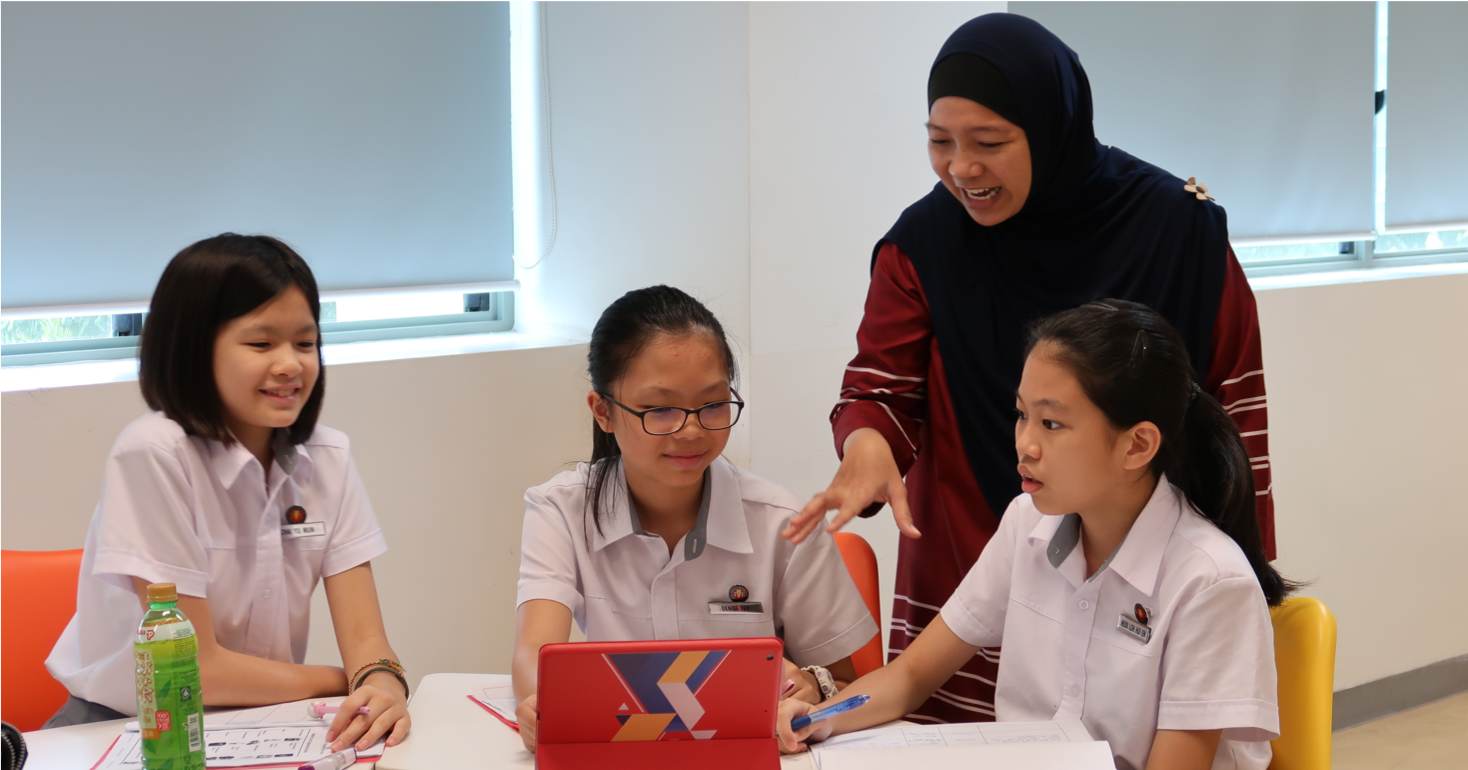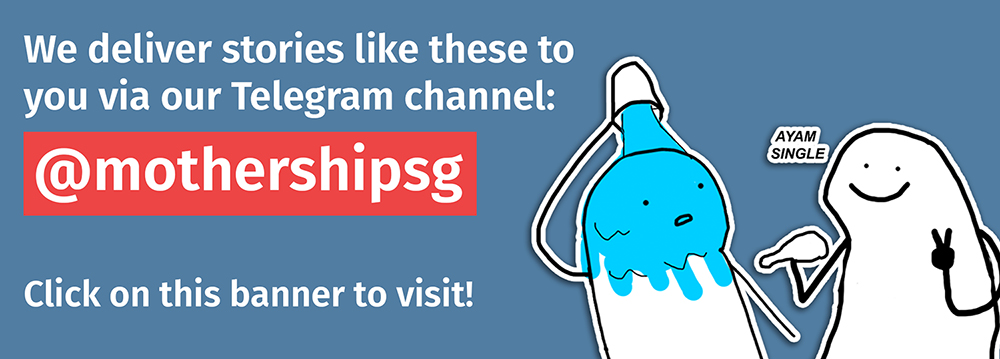Come 2024, the familiar streaming system in secondary schools will be transformed.
On March 5, during the Ministry of Education's (MOE) Committee of Supply (COS) debate, Education Minister Ong Ye Kung announced the expansion of Full Subject-Based Banding (SBB).
What is SBB?
SBB was piloted in 12 "prototype" secondary schools in 2014.
Students posted to these schools in the Normal (Academic) and Normal (Technical) streams could take some subjects at a higher academic level, beginning at Sec 1.
They could do so if they did well in those subjects for PSLE, or if their schools found it suitable. These subjects included:
- English
- Mathematics
- Mother Tongue languages
- Science
However with the latest expansion of SBB, other subjects will also be included, namely:
- Geography
- History
- Literature
Initial impact
MOE found that SBB had a generally positive impact on students.
Normal (Technical) students who took part in SBB performed at similar levels to their peers in the Normal (Academic) stream, with over 90 per cent of these students achieving passes in English, Mathematics and Mother Tongue in 2018.
And Normal (Academic) students performed comparably to O-Level students, achieving an over 90 per cent pass rate in English, Mathematics, Science and Mother Tongue in 2018.
Over 80 per cent of SBB students surveyed by MOE said that it helped them to develop their strengths, and increased their interaction with peers from other courses.
Reduce stigmatisation
Full SBB will be rolled out in selected schools in 2020, and will eventually be introduced in all secondary schools by 2024.
With this expansion, MOE aims to allow students to take subjects at a level better suited to their strengths and interests.
MOE also aims to reduce the unintended consequences of labelling and stigmatisation that has troubled the old streaming system.
With the expansion of SBB, secondary schools will also have greater freedom to organise their classes by criteria other than academic levels.
For example, they can group students according to subjects taken or even by CCAs. This will hopefully facilitate interaction between students of different backgrounds.
Replacement of O-Levels and N-Levels
Along with the expansion of SBB, MOE will also consolidate the existing N-Level and O-Level examinations into a single, common national examination and certification framework.
Beginning with the 2024 Sec 1 cohort, students will instead take exams based according to the subject's difficulty level, according to their own individual capabilities.
Subjects will be mapped in this manner:
- Normal (Technical) level -> General (1) or G1
- Normal (Academic) -> General (2) or G2
- Express -> General (3) or G3
This is similar to how A-Level students take subjects at the H1, H2 or H3 levels today. An A-Level student can take different examinations at different levels, according to their strengths in those subjects.
In order to deal with these new changes, MOE will also review the admissions process to Post Secondary Education Institutions.
A revised framework will be implemented in time for the first cohort of full SBB students, which is 2028, so that the pathways after graduating from secondary schools can better support the students' strengths and interests.
History of streaming
Streaming was adopted at the primary school level in 1979 and at the secondary school level in 1980.
Part of the New Education System, it was recommended after a study conducted by Goh Keng Swee. It was aimed at promoting bilingualism and helping students learn at their own pace.
It helped to reduce school attrition rates and improve grades, but questions about stigmatisation persisted.
The system was modified over the years to address these concerns, such as merging the EM1 and EM2 streams in 2004, and scrapping the EM3 stream in 2008.
In his recent Budget Debate speech, MP Louis Ng called for the replacement of streaming, as he felt that the former system had led to the "stratification" of society.
Related stories:
Top image by Rachel Ng.
If you like what you read, follow us on Facebook, Instagram, Twitter and Telegram to get the latest updates.

